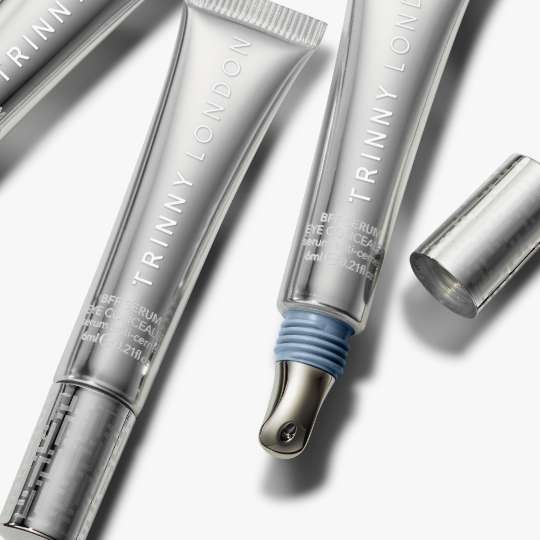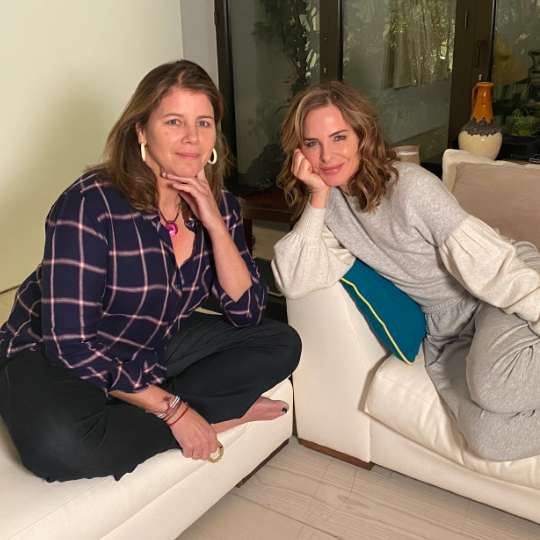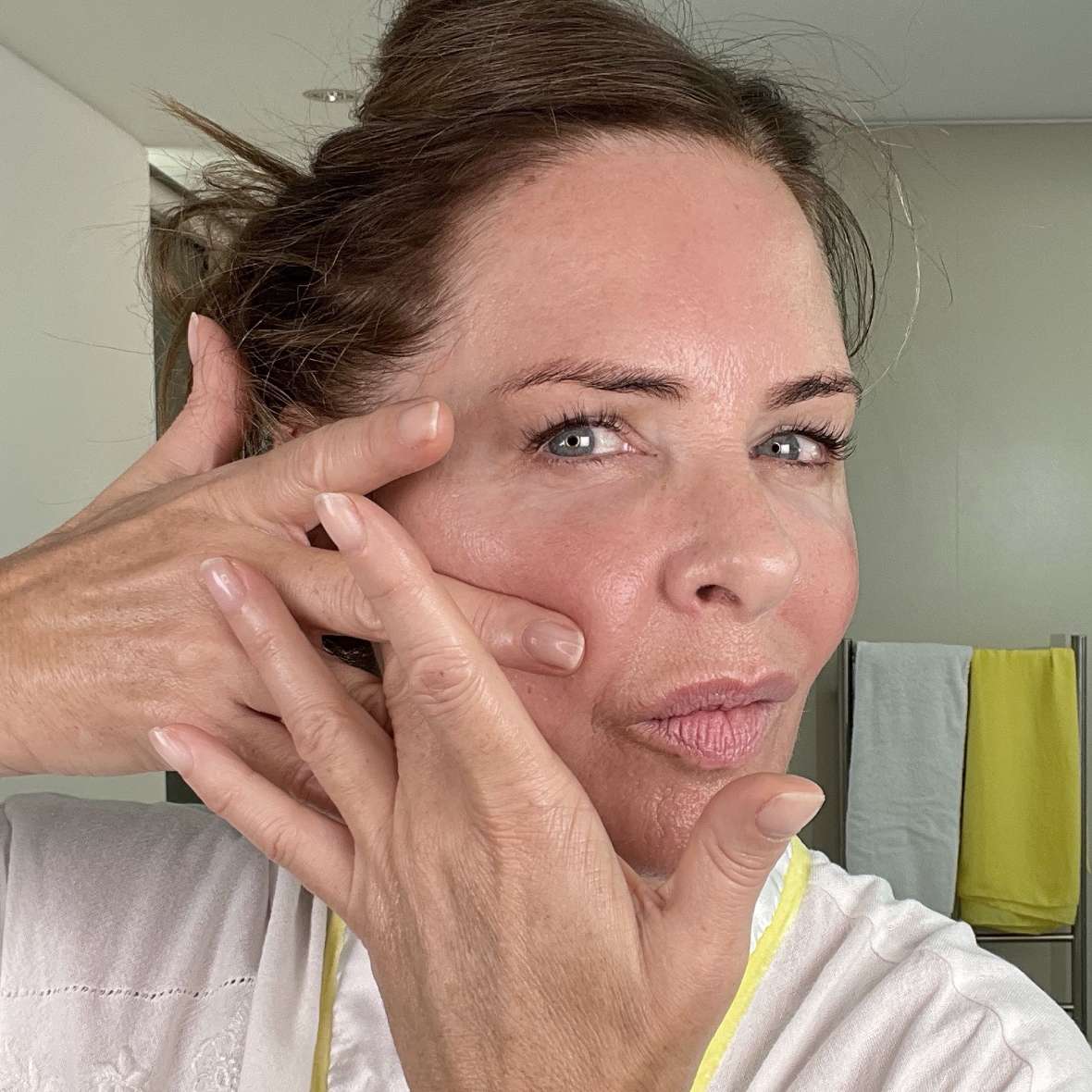

Why is blue light bad for your sleep?
As we start to wind down before bedtime, our body produces more of the hormone melatonin and our temperature naturally drops. As a result we become drowsy and start to feel ready for sleep. Blue light, the kind emitted from phones, laptops and flat-screen TV’s, interferes with this natural process, suppressing the release of melatonin and disrupting our natural circadian rhythm. We are therefore more awake and alert than we should be at this time of day, making it harder for us to nod off.
Remember, we are not nocturnal animals, and are programmed to sleep when it is dark. Any kind of artificial light, not just blue, can disrupt this, which is why it’s a good idea to dim your bulbs in the evening as you approach bedtime.
Will cutting out blue light help with insomnia?
If you sleep reasonably well already but would like to make improvements, turning off your screens at least an hour before bed can make a difference to your sleep quality. It’s not just about the physiological effects, but reducing your connection to the outside world through our devices will also help to improve our attention and reduce that unsettling “wired but tired” feeling. This only happens over time, so trial it for a month or so to see how it works.
But, if you are suffering from insomnia, meaning you either can’t sleep, wake in the night or cannot get back to sleep (and this has been going on for longer than 3 months) reducing blue light is unlikely to be the game-changing cure you’re looking for.
“Blue light does have an effect on sleep, but if you’ve got a consistent sleep problem then you’ve got bigger fish to fry,” says sleep physiologist Stephanie Romiszewski. “You now have a pattern (insomnia) that has been learnt over time by your brain, and even if blue light is the original trigger, taking it away won’t be enough to help your brain unlearn the pattern of insomnia.”
“Also, if I tell you to strip everything back and sit in the dark room then you’re going to get anxious, your heart rate is going to go up, your temperature will go up and you’re not going to feel like sleeping. So, whilst you are seeking proper evidence based support for treating insomnia, I would prescribe other sleep hygiene advice such as reducing blue light, just reduce the brightness on the screen.”
Stephanie believes it’s okay to watch TV if you can’t sleep during the night too if you have insomnia and are seeking appropriate treatment. “If it brings you comfort to watch your favourite TV series that perhaps your partner doesn’t like watching, then go ahead and do it,” adds Stephanie. Just make sure you’re leaving the bedroom to do so.
If space and your home set-up allows, you want to make your bedroom a sacred space that is only used for sleep. If you bring your laptop into the bedroom, or scroll on a phone that’s linked to your work emails, you’re bringing your daily stress into this environment. In most cases these will make you feel more anxious, causing you to associate going to sleep with feeling stressed. Another reason why, if you can, keeping tech out of the bedroom is a good idea. If you wake in the night, take yourself out of the bedroom to relax in a different room, returning to bed when you feel sleepy again.
Other practical measures to help improve your sleep, other than reducing blue light, include not getting into bed until you feel sleepy, setting a strict daily wake-up time and avoiding heavy meals before bedtime.
Read, watch and be inspired...



